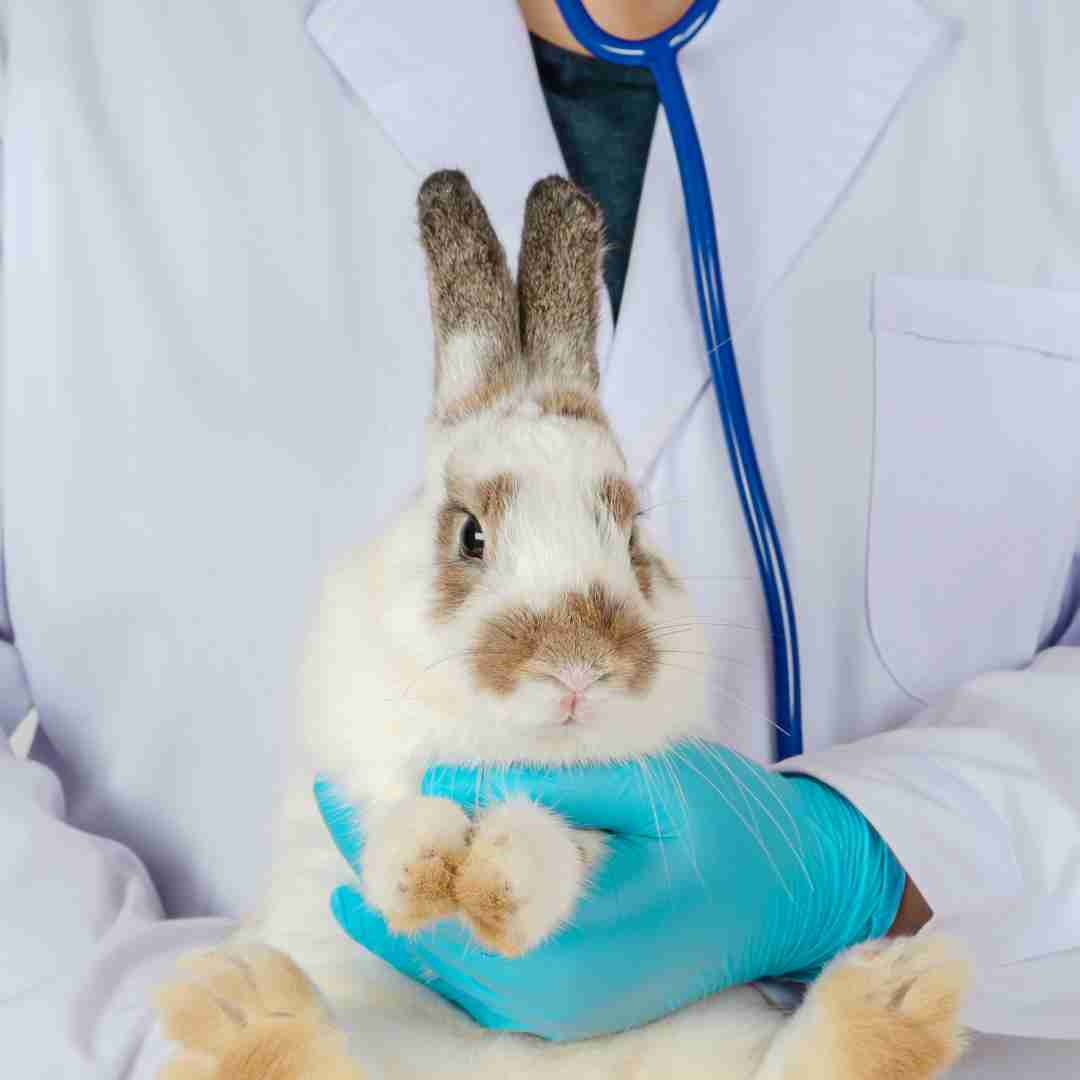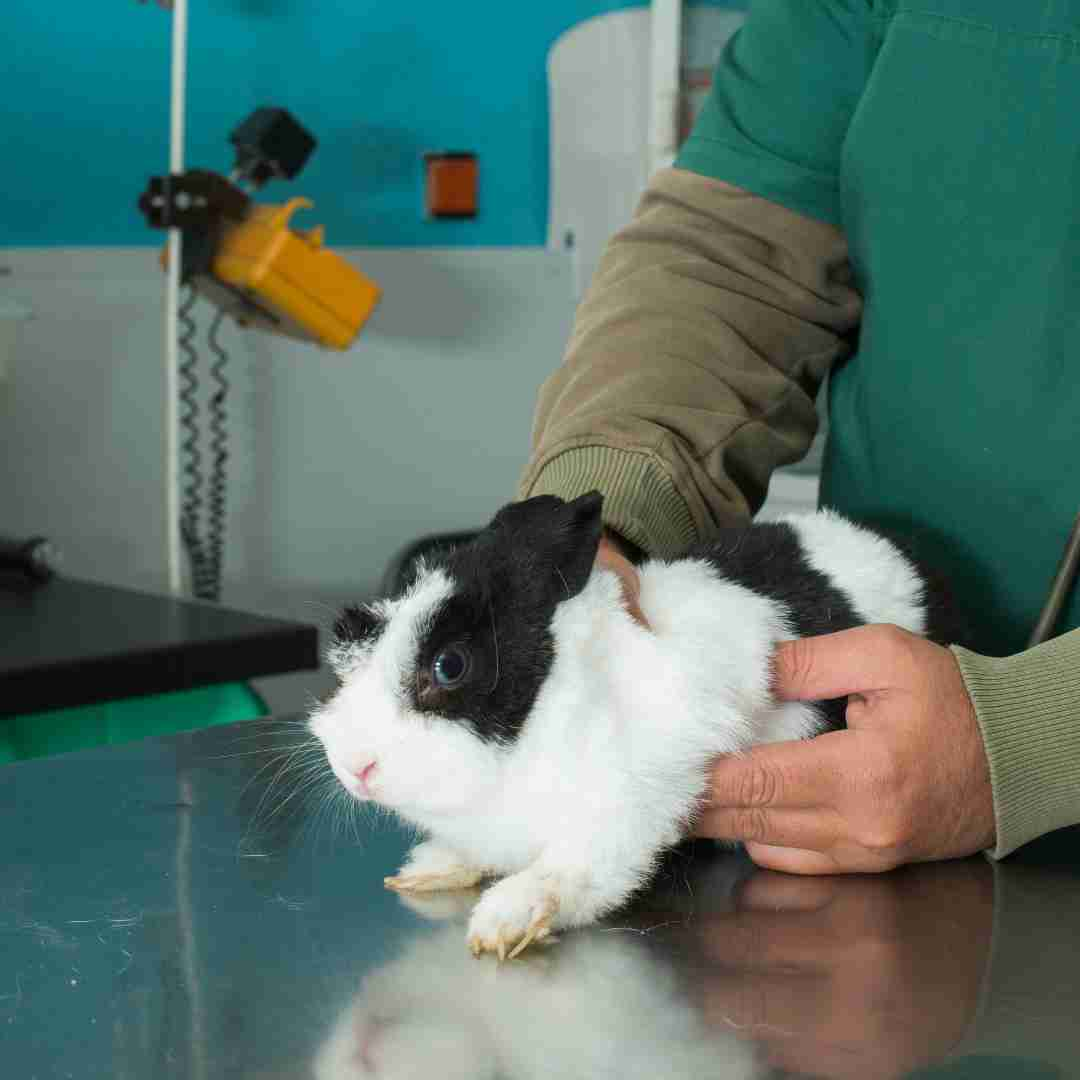Rabbit Immune System: How Do They Stay Healthy?
Small creatures like rabbits are agile and fast. They also have robust immune systems that keep them healthy. This page will explain rabbits' immune systems and how they keep healthy.
Rabbits' sophisticated immune system includes innate and adaptive components. The epidermis, mucous membranes, and antimicrobial proteins and peptides make up the innate immune system, which fights pathogens initially. Specialised cells and proteins of the adaptive immune system detect and fight infections.
Rabbits have various disease-prevention methods. They have many helpful gut microorganisms that protect them from infections. They also contain many white blood cells called lymphocytes that combat infections. Finally, rabbits have strong antioxidant levels that protect them from free radical damage.
A strong immune system helps rabbits stay healthy and avoid illness. Antioxidants, helpful bacteria, lymphocytes, and physical and chemical barriers protect them against pathogens. We can better care for our bunnies by studying their immune system.
Diet and Rabbit Health
nutritious rabbits need a nutritious diet. Herbivores like rabbits eat plants. Hay, fresh veggies, and a few pellets make a nutritious rabbit diet.
Hay is a rabbit's main food. It should make up most of their diet because it contains fibre and aids digestion. Timothy hay is great for rabbits since it has high fibre and low protein and calcium. Fresh hay is crucial daily since rabbits like the variety of flavours and textures.
Rabbits need fresh vegetables too. Dark leafy greens like kale, spinach, and collards are healthful. Carrots, celery, and bell peppers are also options. Rabbits are sensitive to sudden food changes, so introduce new veggies slowly.
Finally, a rabbit should eat some pellets. Pellets contain concentrated nutrients and should make up 10-15% of a rabbit's diet. Rabbit-specific pellets are needed since some are too heavy in protein and calcium.
These instructions help owners feed their rabbits a balanced diet that keeps them healthy and happy.
Regular Rabbit Exercise Benefits
Rabbits need exercise to stay healthy. Exercise helps rabbits be fit, mentally stimulated, and emotionally happy. It also prevents boredom and destructive behaviours like furniture gnawing and carpet burrowing.
Physical Benefits
Regular exercise keeps rabbits fit and healthy. It boosts agility, coordination, and muscle strength. Maintaining strong bones and joints through exercise can help avoid arthritis and other joint issues. Exercise also improves rabbits' digestive systems, preventing hairballs and constipation.
Mind Benefits
Exercise keeps rabbits cognitively active. Avoids boredom and reduces stress and anxiety. Exercise helps rabbits stay intellectually sharp by encouraging them to explore and learn.
Psychological Advantages
Exercise makes rabbits happy. It reduces anxiety and boosts mood. Exercise helps rabbits avoid boredom and destructive behaviour by keeping them occupied.
Conclusion
Rabbits need exercise to stay healthy. This keeps kids healthy, mentally stimulated, and emotionally happy. Exercise reduces boredom and destructive behaviour. To keep rabbits healthy and happy, they need daily exercise.
Genetics in Rabbit Health
Genetics affect rabbit health. Many hereditary illnesses can kill rabbits. Rabbit owners should be aware of their pet's hereditary hazards and take actions to prevent genetic disorders.
Genetic illnesses include malocclusion, dental problems, and congenital heart issues can afflict rabbits. Malocclusion causes tooth overgrowth and misalignment. This can make eating difficult and painful. Genetics and other factors can induce dental disease, which can cause tooth loss and infection. Congenital cardiac abnormalities can induce heart failure and mortality due to genetic mutations.
In addition to hereditary disorders, rabbits can inherit coat colour and body type. Rabbits with certain coat colours are more susceptible to sunburn and other skin diseases, and certain body types are more likely to be obese.
Rabbit owners should know their pet's hereditary risks and take actions to prevent genetic disorders. This can include investigating the rabbit breed and its genetic disorders and features. Rabbits should also be bought from trustworthy breeders who understand genetics.
Finally, rabbits need a nutritious diet and regular veterinary treatment to prevent hereditary disorders. Regular checkups can detect health risks early, enabling timely treatment and better outcomes.
Owners can lessen the danger of genetic disorders in rabbits by knowing genetics. This can help rabbits live long, healthy lives.
Vaccines Keep Rabbits Healthy
Rabbit vaccinations are crucial. The vaccines protect rabbits from myxomatosis, rabbit hemorrhagic illness, and rabbit calicivirus. Bunnies can also be vaccinated against pasteurellosis and ear mites.
Myxomatosis is a contagious rabbit virus. Infected bunnies, fleas, and mosquitoes spread it. Swollen eyes, ears, and genitals and skin lesions are myxomatosis symptoms. The best strategy to protect rabbits from this disease is vaccination.
Other very contagious rabbit viral diseases include rabbit hemorrhagic sickness. Infected bunnies, fleas, and mosquitoes spread it. Fever, lethargy, appetite loss, and abrupt death are symptoms. The best strategy to protect rabbits from this disease is vaccination.
Rabbit calicivirus is highly contagious. Infected bunnies, fleas, and mosquitoes spread it. Fever, lethargy, appetite loss, and abrupt death are symptoms. The best strategy to protect rabbits from this disease is vaccination.
Pasteurellosis is a rabbit bacterial infection. Infected bunnies, fleas, and mosquitoes spread it. Fever, lethargy, appetite loss, and abrupt death are symptoms. The best strategy to protect rabbits from this disease is vaccination.
Rabbit ear mites are microscopic parasites. Irritation and infection can result. The best strategy to protect rabbits from this disease is vaccination.
Rabbit vaccinations are crucial. The vaccines protect rabbits from myxomatosis, rabbit hemorrhagic illness, and rabbit calicivirus. Bunnies can also be vaccinated against pasteurellosis and ear mites. Qualified veterinarians should deliver vaccines according to manufacturer directions. Vaccines should be administered annually or more often if indicated by a vet. Rabbit vaccinations are essential to their wellbeing.
